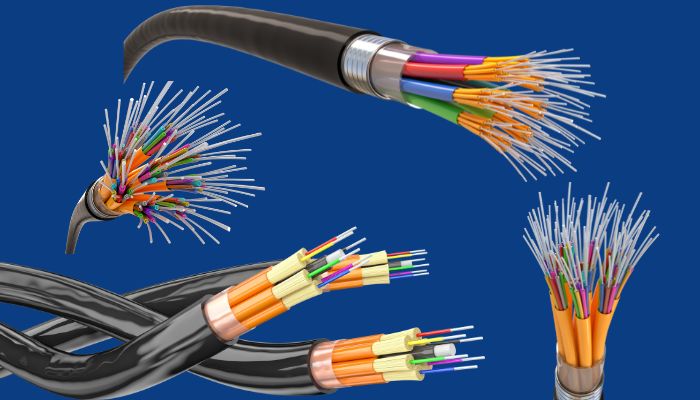Nigeria’s Minister of Communications, Innovation, and the Digital Economy, Bosun Tijani, has unveiled plans for a $2 billion project aimed at deploying 90,000 km of fibre optic infrastructure across the country, starting in Q4 2025.
The announcement, made in a statement signed by the president’s special adviser on information and strategy, Bayo Onanuga, emphasised the goal of improving connectivity across the nation.
“We are preparing a $2bn investment to ensure every Nigerian can access affordable, high-quality connectivity regardless of location. Increasing connectivity hubs by just 10 per cent could yield a 2.5 per cent GDP growth,” Tijani said.
FDI in Nigeria’s communications and digital sector reached $191m in Q1 2024
He also revealed in an interview for a documentary that will be aired at the State House on President Tinubu’s second anniversary that foreign direct investment in Nigeria’s communications and digital economy sector reached $191 million in Q1 2024, a nine-fold increase from $22 million in Q1 2023.
Comparing FDI inflows, he said, “In Q1 2023, the sector had about $22m; by Q1 2024, with this administration well underway, we reached $191m. The trend continued in Q2, increasing from $25m in 2023 to $114m in 2024.”
In addition to highlighting the industry’s strong workforce development, which is fuelled by the three million technical talent program, he stated, “These foundational reforms, coupled with advancements in artificial intelligence and the startup ecosystem, have positioned Nigeria as a global leader in the digital economy.”
Over 117,000 Nigerians taught in digital skills through 3MTT initiative
According to the minister, the 3MTT initiative, inaugurated in October 2023 to create a tech-savvy workforce, has now taught over 117,000 Nigerians in digital skills, surpassing its initial objective of 30,000.
“By last year, we had already moved that to over 117,000. With an additional 35,000 in training, the programme is nearing 10 per cent of its 3m goal. And in the rest of the time in office, we hope to reach the three million,”
He also emphasised the establishment of the AI Collective platform, which is backed by top partners like Google, Microsoft, and Pierre Omidyar and aims to promote cooperation and innovation in AI.
Tijani disclosed that the ground-breaking Digital Economy Bill has passed its first reading in the National Assembly and that more than 500 government technicians have received training in AI and Digital Public Infrastructure.
Efforts in startups
The ministry has, for the first time in the nation, provided funding to 55 academic researchers to investigate the use of technology in healthcare, education, and agriculture, and N300 million has been invested in 10 startups that are utilising blockchain and AI to boost agricultural productivity.
Regarding the Nigeria Startup House plan in San Francisco, which aims to raise $5 billion for startup capital, Tijani stated, “Our goal is to attract $5bn in investments for Nigerian startups, supported by the Startup Pact and Trade Desk initiatives, which will connect local tech firms to global opportunities and government procurement.”
Efforts to bridge digital gap
The Minister stated that the Federal Executive Council had previously approved the project and that 7,000 telecom towers will be installed to fill the connectivity gaps in rural areas, with a goal of 98 percent national coverage.
He highlighted the country’s success in addressing Right-of-Way concerns, noting that 12 states in the federation had approved zero-rated Right-of-Way regulations. He said these initiatives will help the National Broadband Plan reach its 2025 penetration target of 90 percent, up from 48 percent in 2024.
He predicted that the sector’s share of the GDP will increase from 16 to 22 percent, saying: “If a sector can increase its contribution by three to four per cent to the GDP, we’re about to see the economic growth—we’ve not seen it before. Technology allows us to bridge the gap between governments and the people.”











